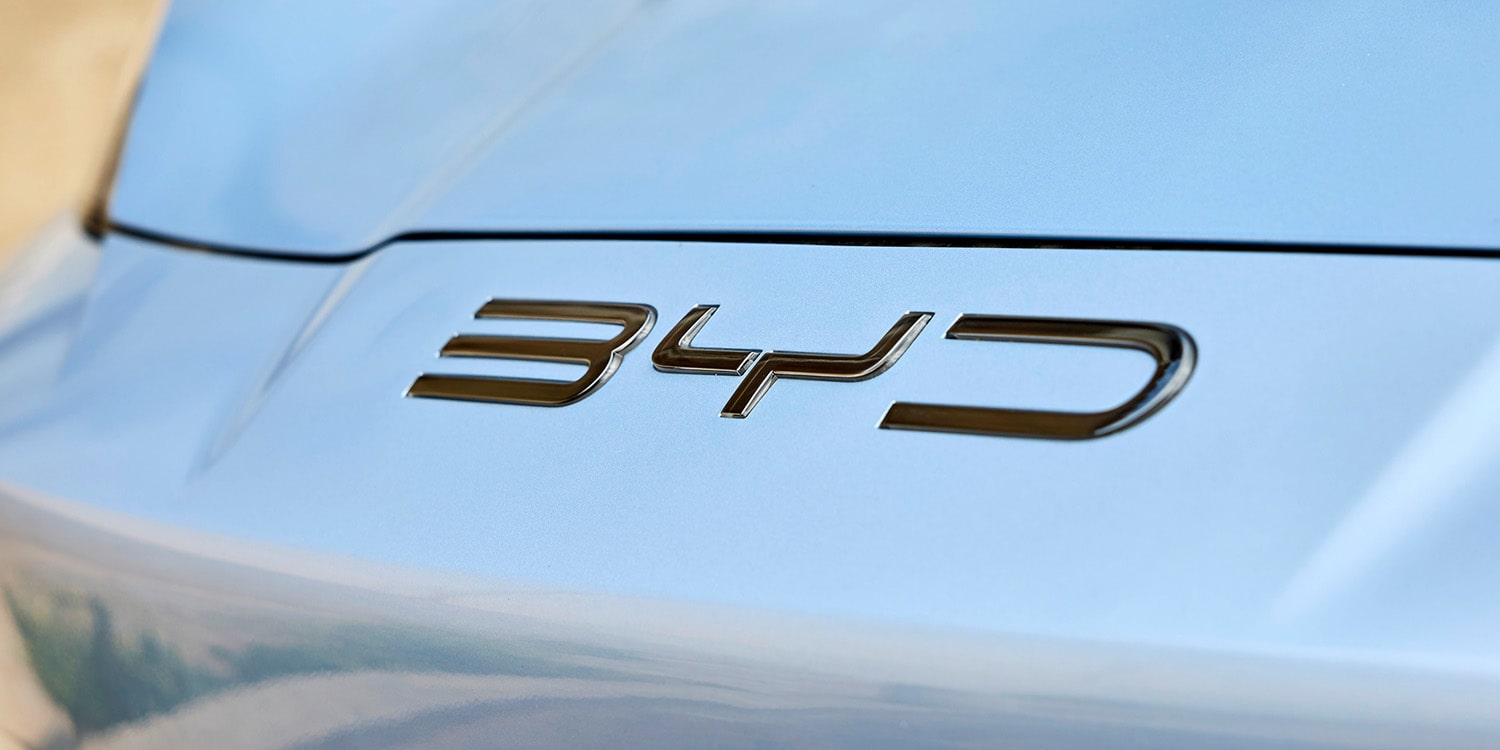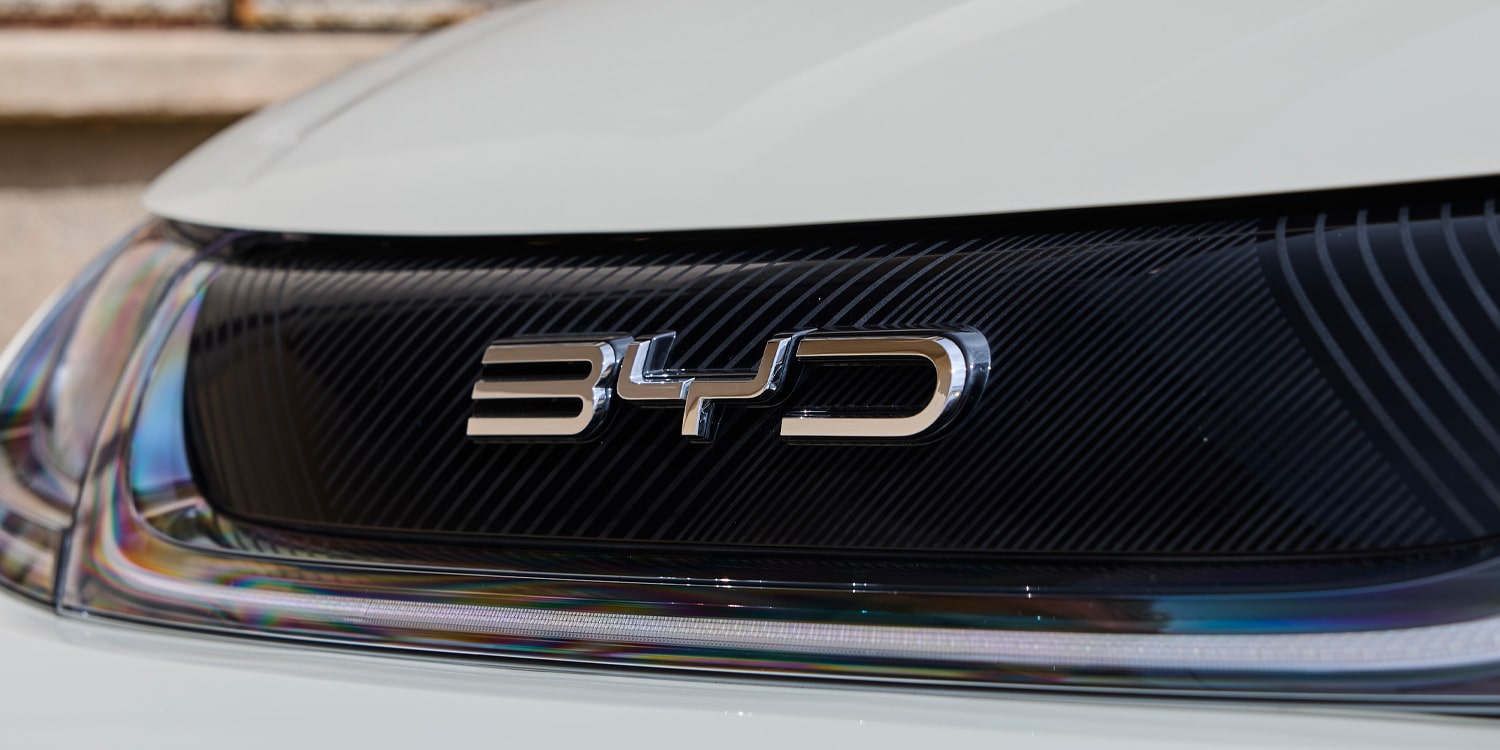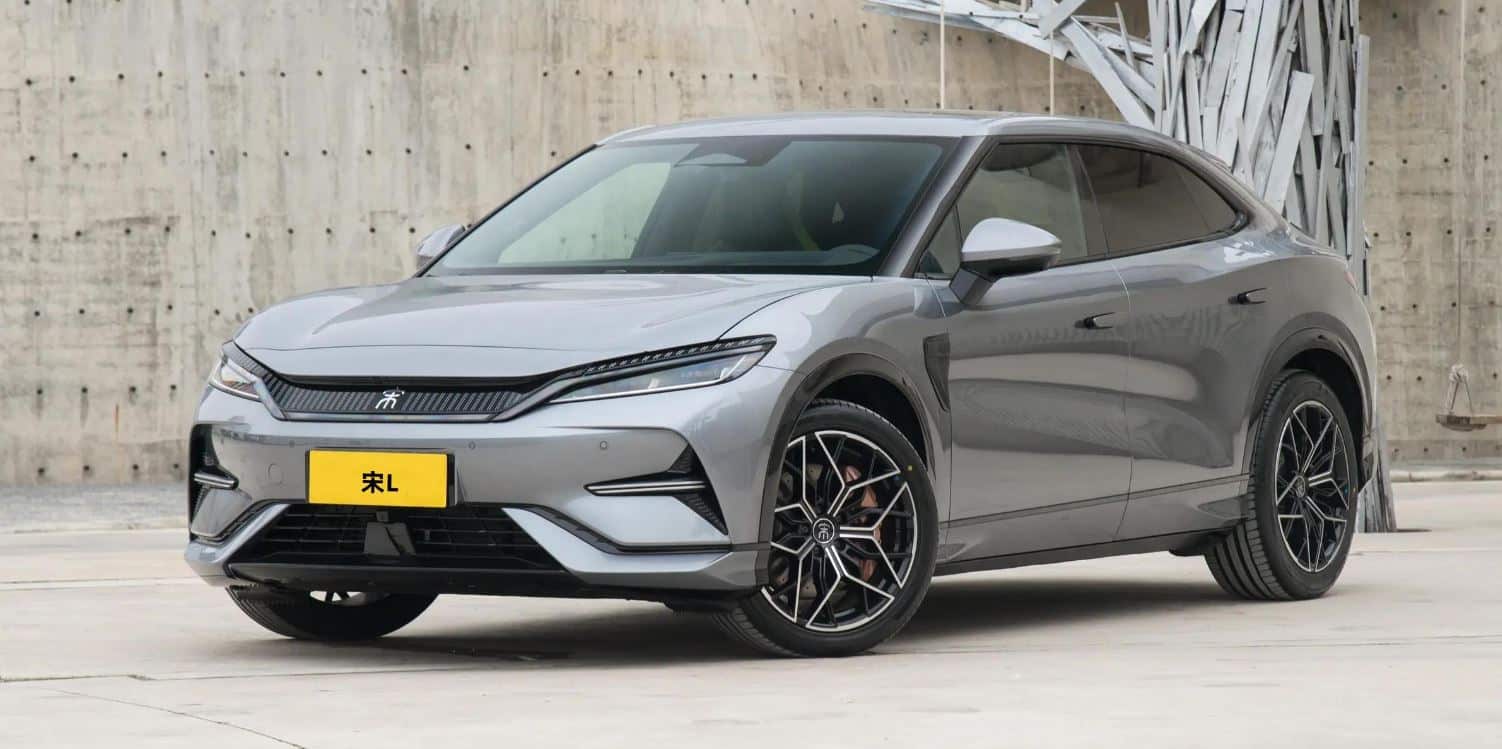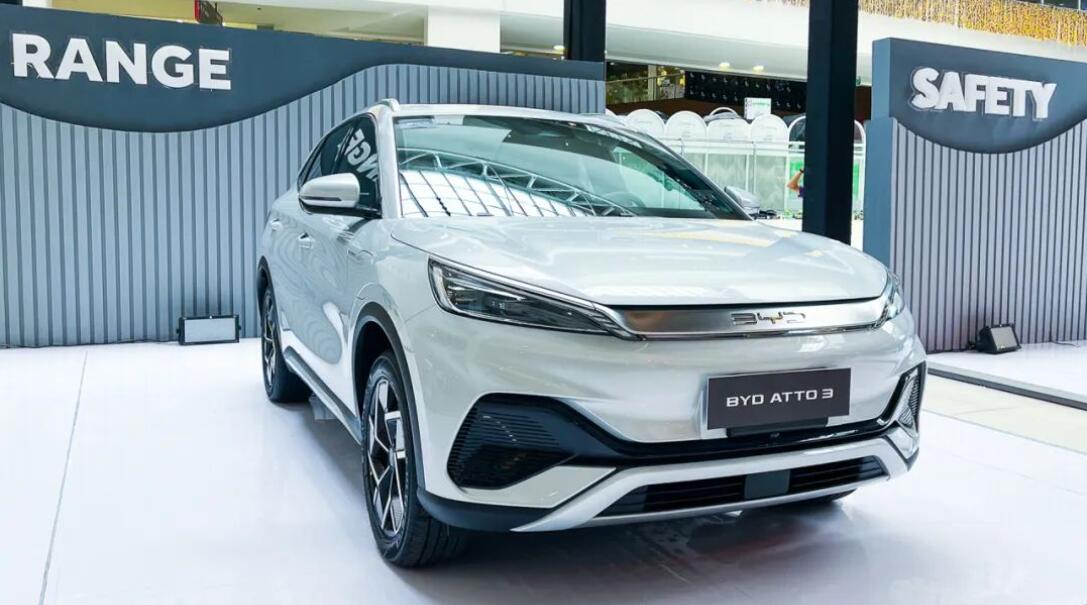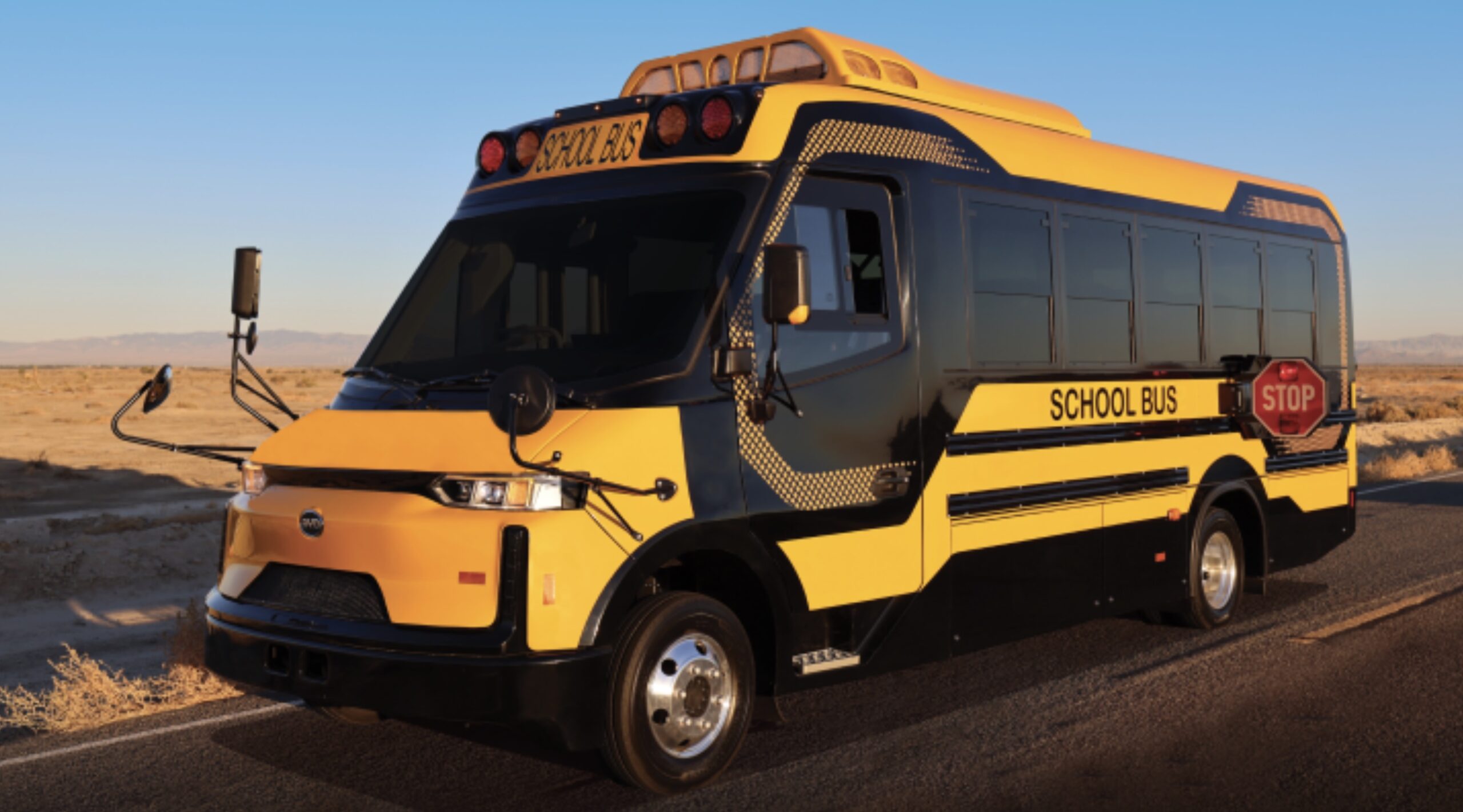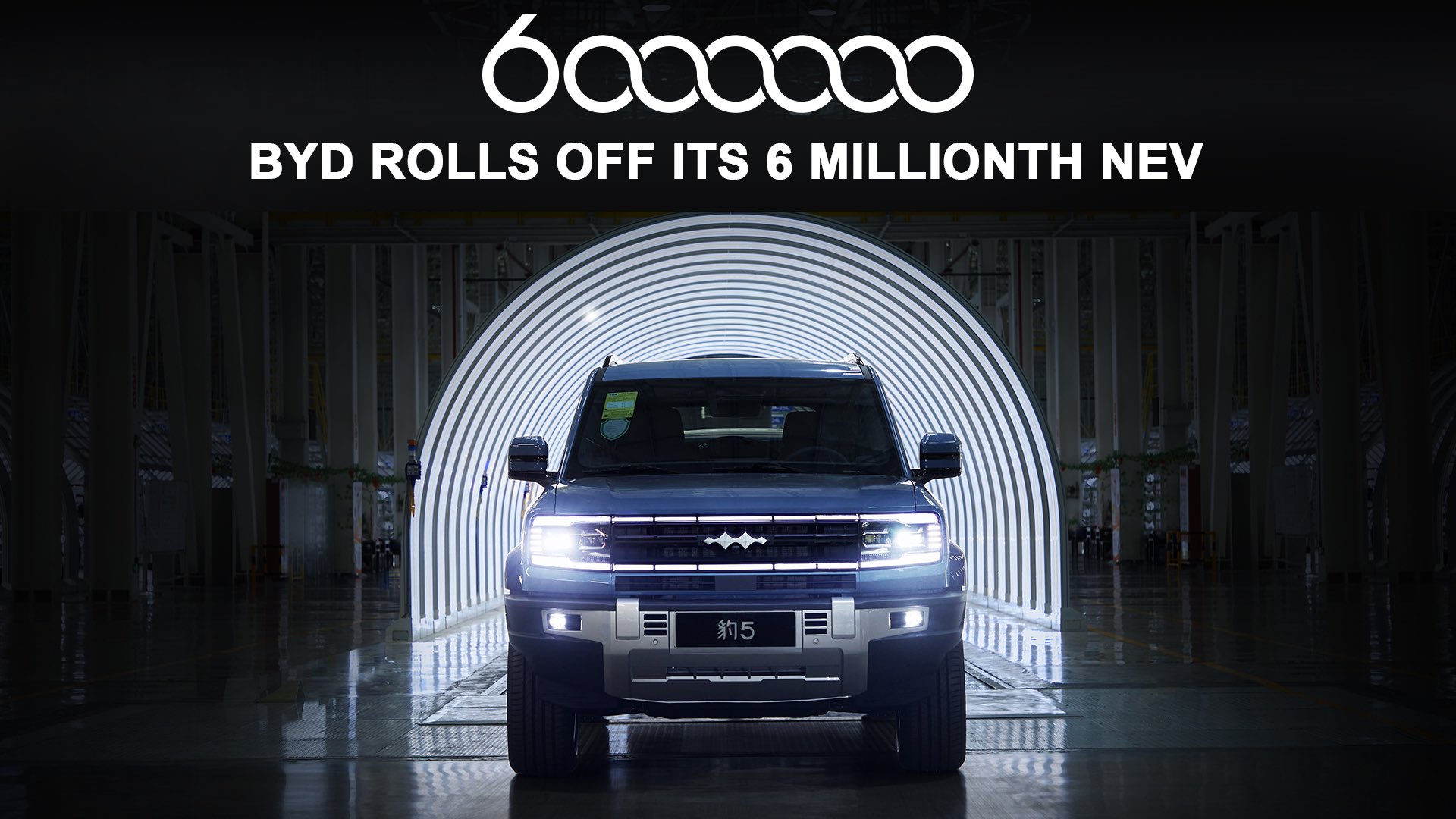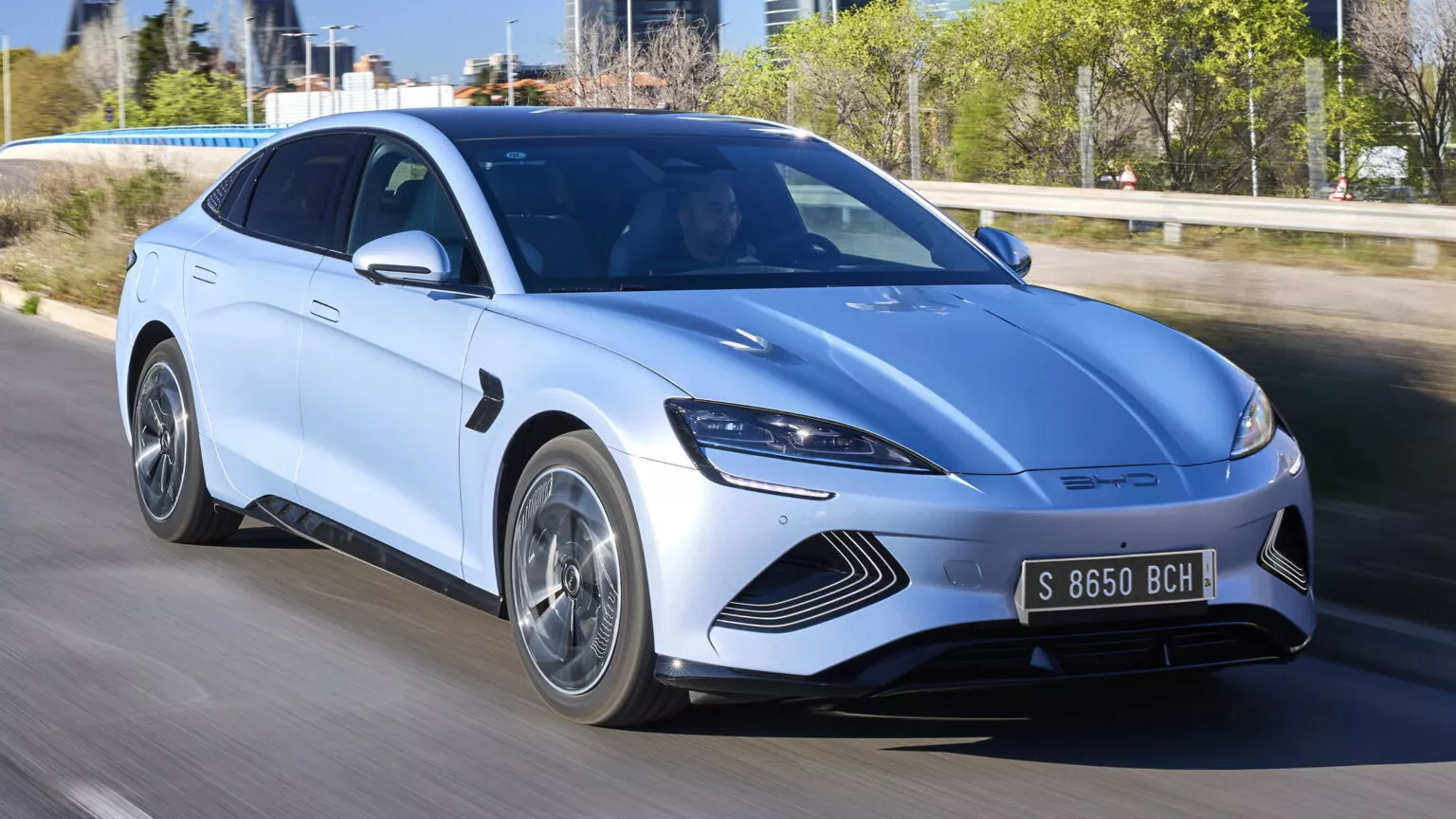BYD is gearing up to manufacture sodium-ion batteries with an annual capacity of 30 GWh in China. Collaborating on this audacious venture is Huaihai Holding Group, with a substantial investment of ten billion yuan, aiming to position itself as the world’s leading supplier of Sodium-Ion (SI) batteries tailored for small cars.
The unique advantage of Sodium-Ion batteries lies in their cost efficiency, attributed to the utilization of sodium, a more economical alternative to lithium. Notably, the recent price volatility of lithium has contributed to the appeal of Sodium-Ion batteries, particularly for Chinese manufacturers benefitting from enhanced access to resources in a market dominated by China. However, it’s worth considering the potential impact on the competitiveness of Sodium-Ion batteries in the future.
Despite the cost benefits, Sodium-Ion batteries come with a trade-off—lower energy density. A comprehensive evaluation of the technology’s pros, cons, and future potential was detailed in a special report last spring.
BYD and Huaihai, having established a strategic cooperation agreement in June, have now formalized their commitment through a binding contract for the production facility. BYD’s battery subsidiary, FinDreams, and Huaihai Holding Group are poised to spearhead this transformative project, with the planned annual capacity of 30 GWh. While the timeline remains undisclosed, the total investment is estimated at a substantial ten billion yuan.
Under this collaboration, Huaihai will play a pivotal role in marketing and providing application scenarios, complemented by FinDreams offering cutting-edge products and services.
BYD is not merely confining the application of Sodium-Ion batteries to the distant future; the company aims to incorporate them into mass-produced electric cars as early as this year. Initial implementations will involve a hybrid of Sodium-Ion and Lithium-Ion batteries. This strategic move was disclosed by the informed news site 36kr, renowned for its reliable insights into Asian cell manufacturers.
In a more tangible manifestation, BYD plans to integrate Sodium-Ion batteries into its Seagull model, an electric compact car recently introduced for pre-sale in China with LFP batteries. Priced starting at 78,800 yuan, the Seagull model signals a shift towards Sodium-Ion and Lithium-Ion battery hybridization.
Parallelly, battery industry heavyweight CATL is also venturing into Sodium-Ion battery production from this year onwards. Unlike BYD’s focus on small cars, CATL’s Sodium-Ion cells are earmarked to power Chery’s iCar brand, anticipated for release later this year. While specific details regarding this partnership remain undisclosed, CATL has confirmed Chery as the inaugural customer for its Sodium-Ion batteries, marking a significant stride in the evolution of electric vehicle technology.

